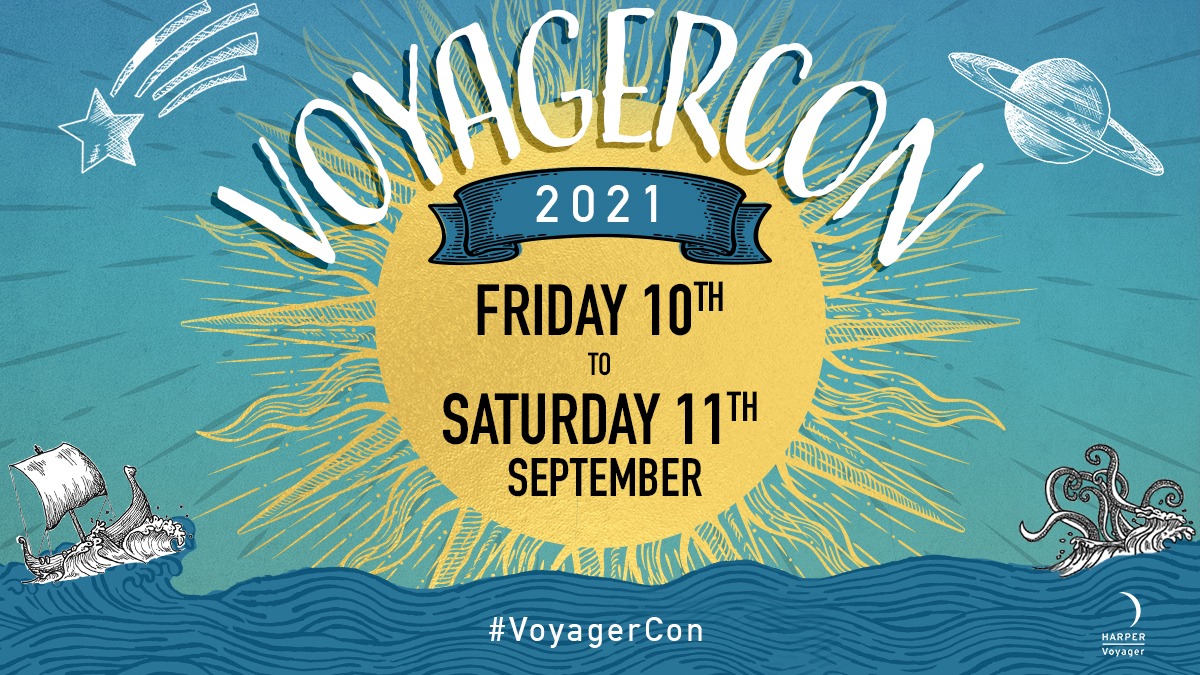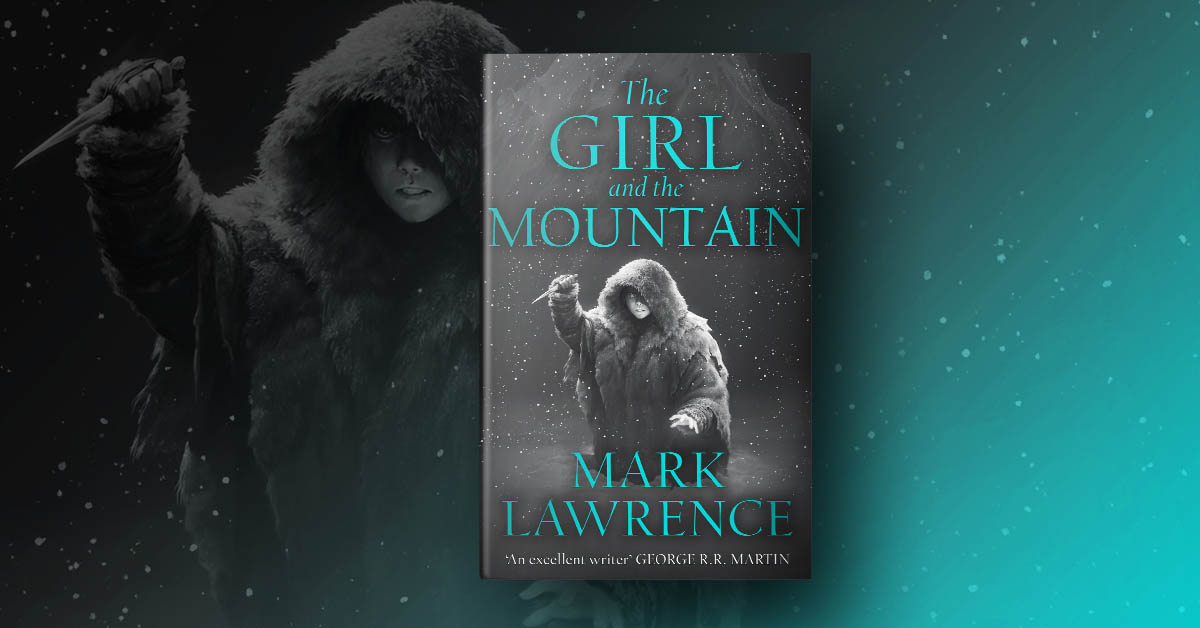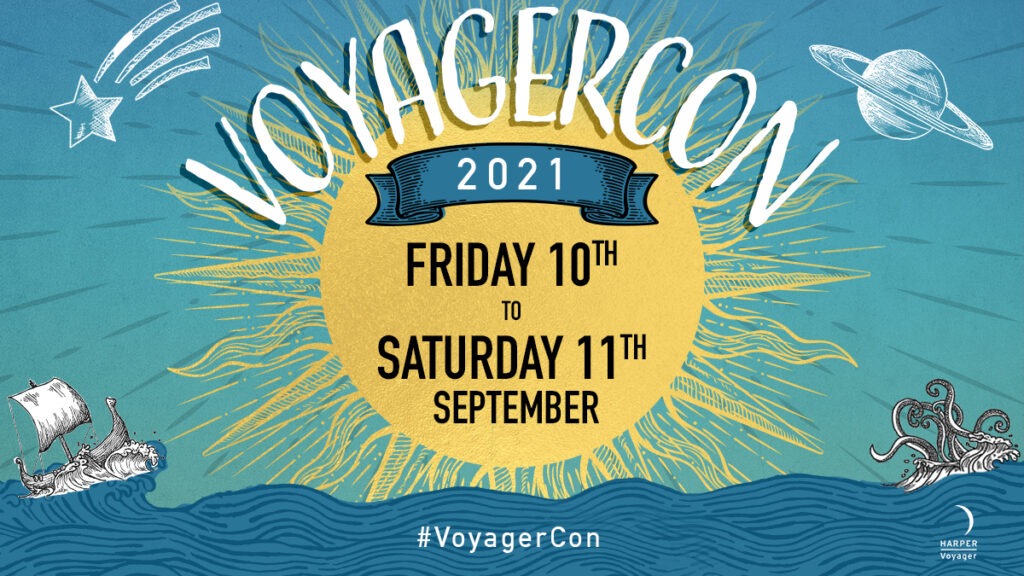My earliest memory of school is being told off by my teacher for daydreaming at the age of five. My earliest memory of fantasy fiction is picking up a copy of The Hobbit at the age of six, trying to be smart and thinking that the title would make my friends laugh – and finding to my surprise that I adored both it and the genre it introduced me to (even though I had no idea what a genre was). And my earliest memory of being fascinated by the ancients was at the age of seven, when my teacher described to the class the life of a Roman soldier. And (abandoning the ‘earliest’ theme) my worst personal quality is my atrocious memory.
Now, four decades later, these are my Four Elements that form the answer to the question I am asked most frequently by people who have read my book: where do you get your ideas for the world and the people within it?
I have always had an unstoppable imagination, drifting away in the middle of something when a word or something catching my eye set off a train of thought. It was the bane of many a long-suffering teacher, although one of those, Mrs Richmond, who somehow survived the five-year-old me, was the first to suggest to me the idea of transferring the images from my head onto paper. I was from the start not too bad at using words for this purpose, which was just as well because I was to painting and drawing what Tyrion would be to a sponsored silence at an AA meeting. If he developed Tourette’s.
Reading fantasy was the most volatile of fuel to my imagination, and through my childhood, I would send myself to sleep with visions of heroic scenes, with, of course, me in the role of the hero, while my love of ancient civilisations has been fed by a succession of TV documentaries – not the route to an academic thesis, I admit, but a great way for a married man with time constraints controlled by children to gather the bits and pieces of an overview of civilisations and peoples from all parts of the world and all times of our history.
So… why don’t I write historical fiction? I place before you Element Number Four: my atrocious memory. It truly is awful. It makes my drawing and painting ability look like that of da Vinci. My wife tells me that if I ever develop dementia, no one will notice. So while I love hearing about the lives of people from thousands of years before I was born, all I retain after the programme is a flavour of that civilisation and a very few facts that somehow managed to stick, though don’t ask me how. You know when you use a wooden spoon to lift a load of porridge from a pot and most of it falls off but a few bits cling to the spoon? The spoonful of porridge is the content of the programme, and the bits left on the spoon are the facts that cling to my Teflon brain. I can lick the spoon and get the flavour of it and even show people a wee bit of evidence of the food, but ask me to give them the full thing… no chance.
So basically historical fiction was out of the question, if for no other reason than to save those pernickety people who scour historical novels for inaccuracies and mistakes from collapsing in a frenzy of over-activity. But what it did open up was Element Number Two: fantasy fiction. I may watch documentaries, but I read fantasy, so if I was going to write, then fantasy was the only option. And because of the Four Elements, world-building came easily.
The world of my fantasy books is populated by the impressions that my atrocious memory leaves me of the civilisations of the past, but my imagination then bends and shapes them, merges them and moves them thousands of miles and thousands of years to sit beside each other. It lets me play with them to suit my world, it lets me write about realistic situations similar to those our ancestors may have faced, it lets me invent my own versions of ships, city design, fighting styles and turns of events and it lets no one have the ability to say, ‘But that’s not the way it was,’ because in my world, that is the way it actually was.
And most of all, it gives me fun, which is the Secret Bonus Fifth Element: the one I want to give to readers. You should never knock back the chance of some fun in your life.
Andy’s latest book, Hero Grown, is out now


